A research team highlights a new strategy in anti-cancer drug development.
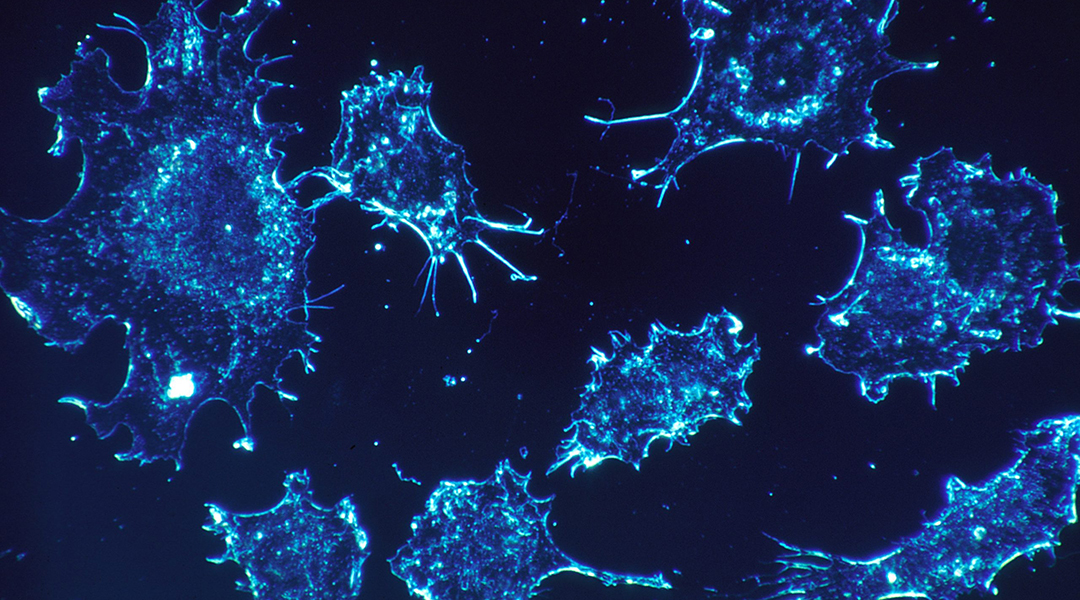

A research team highlights a new strategy in anti-cancer drug development.
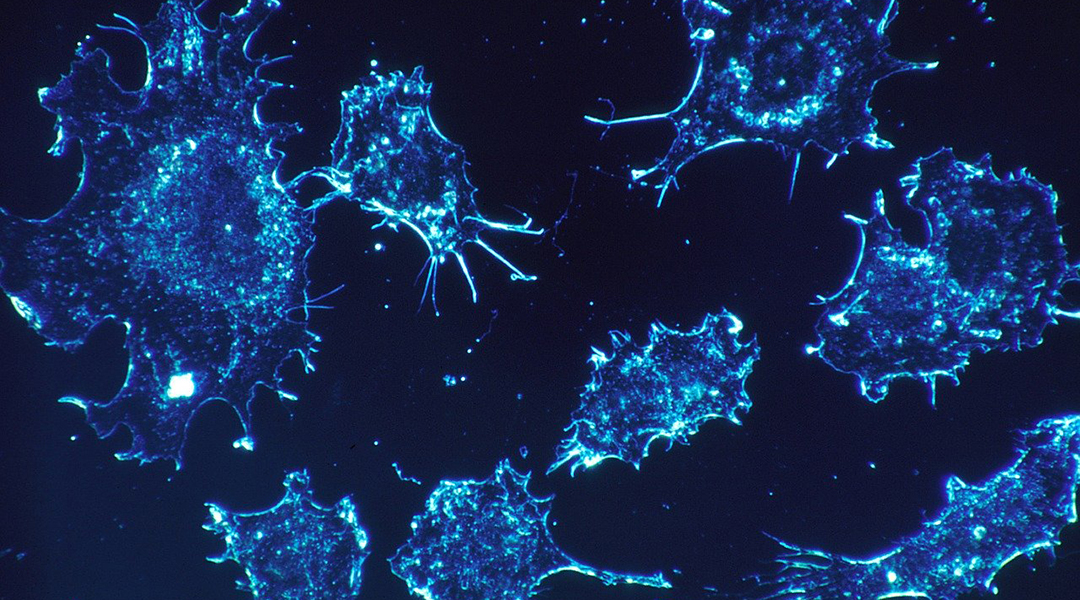
Scientists are finding safer ways to keep drug-loaded microrobots attached to cancer tissue.

Identifying patient-specific response to cancer immunotherapy is urgently needed to maximize therapeutic benefit for as many people as possible.

Hyperspectral imaging has the potential to better detect skin cancer to improve the survival rates of patients.
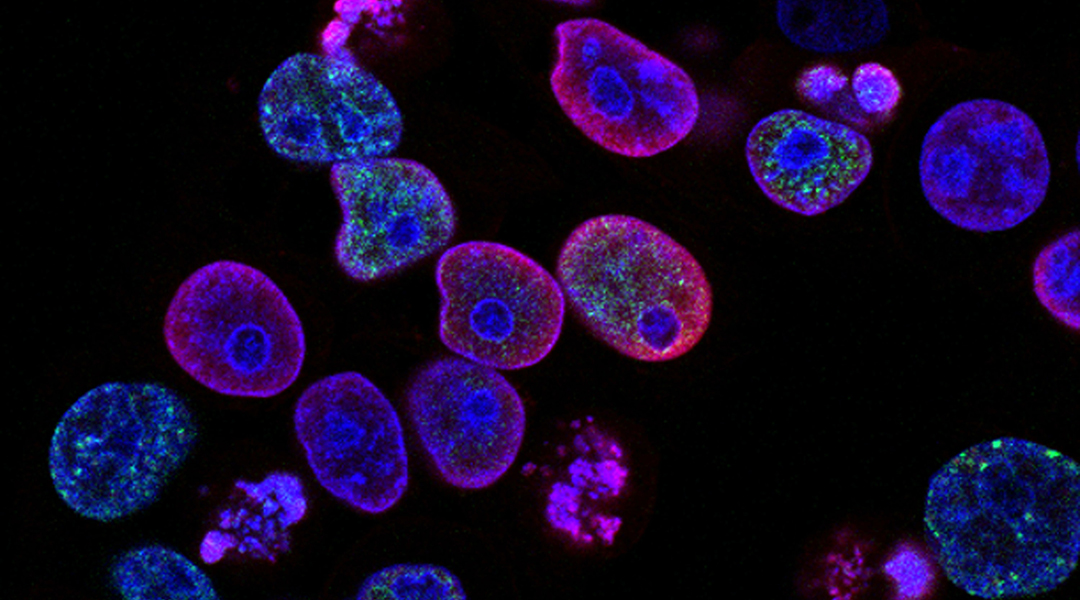
Researchers at the University of Munich have demonstrated a conceptually novel nanocarrier strategy in which the nanoparticles are both the cargo and the carrier.
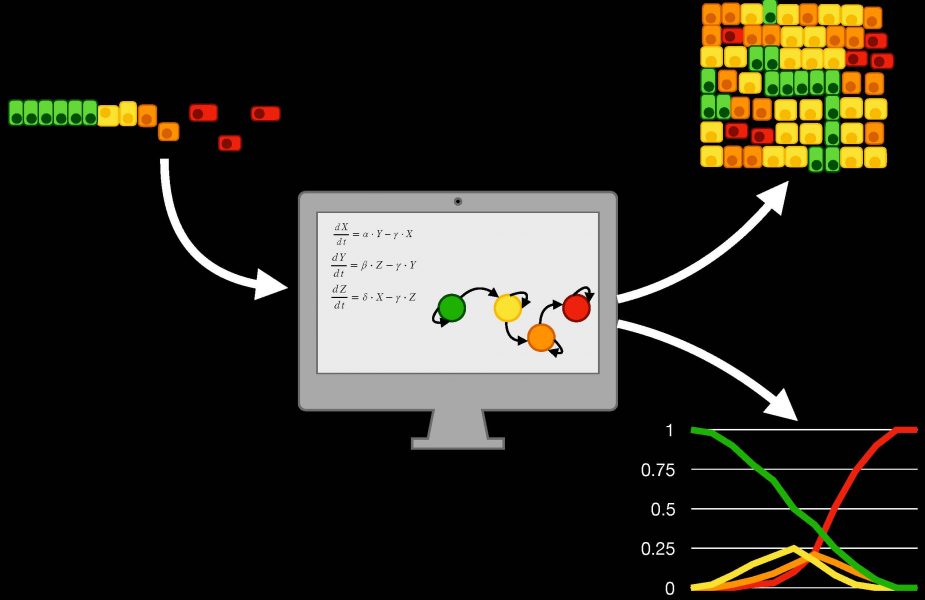
Computational modelling enhances the multidisciplinary approach to understanding the epithelial-to-mesenchymal transition in cancer metastasis.
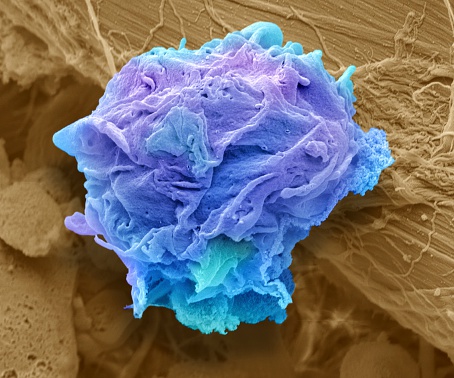
One drug, three modes of action: Clinicians combat the drug resistances of some cancer types by using a combination of different drugs.
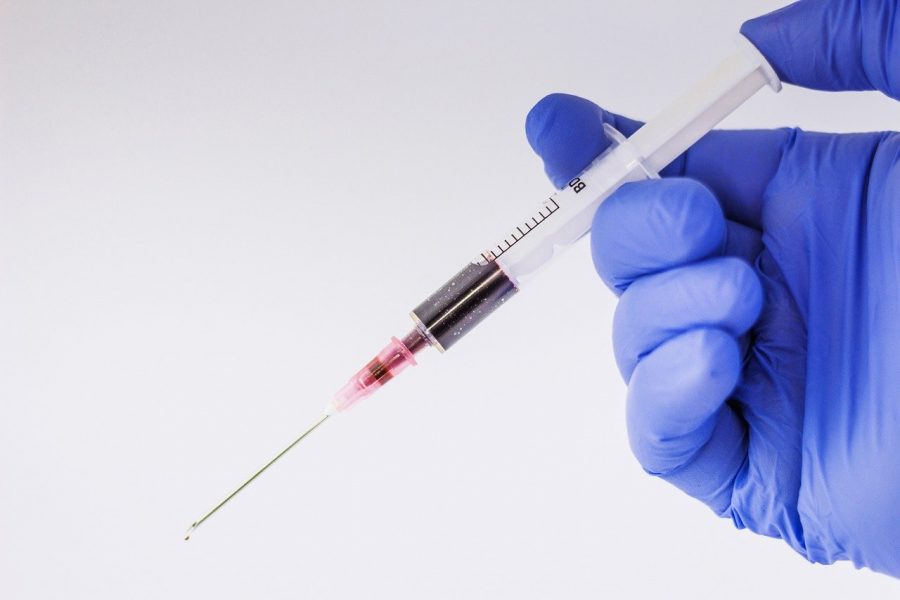
New research published in CANCER indicates that a single dose of the human papillomavirus (HPV) vaccine is as effective as multiple doses for preventing preinvasive cervical disease, which can later develop into cervical cancer.

The first human trial using CRISP-edited genes to fight cancer has promising results.
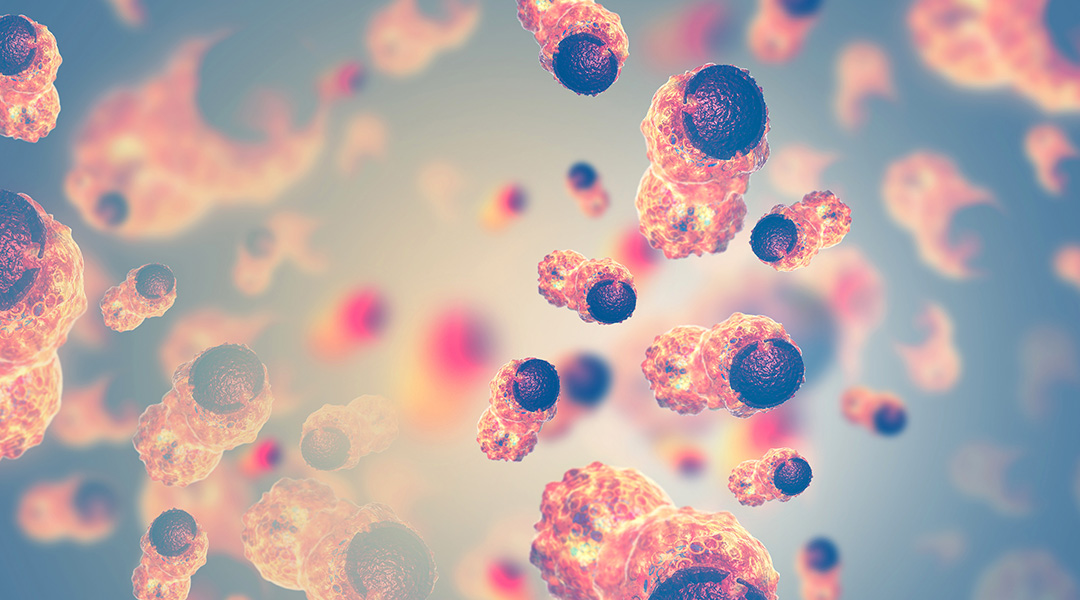
For the first time, a nanorobot is developed that can both report the location of, and treat, cancer associated RNA.